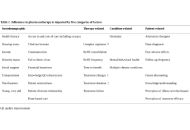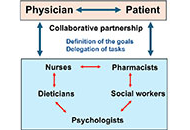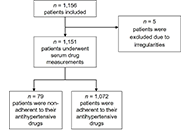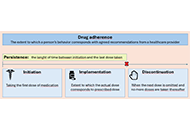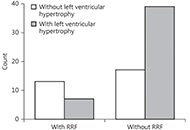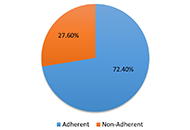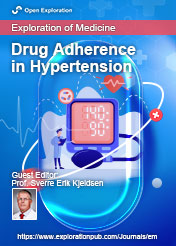
Drug Adherence in Hypertension
Guest Editor
Prof. Sverre E. Kjeldsen E-Mail
Professor, Institute of Clinical Medicine, University of Oslo, Oslo, Norway
About the Special lssue
Major fractions of people who have been diagnosed with hypertension remain with uncontrolled high blood pressure. Causes include inertia, a term used to characterize a situation in which physicians do not prescribe or up-titrate antihypertensive medication when there is a clear indication. Alternatively, patients themselves poorly follow advice to take their antihypertensive medications, more drugs or higher doses when recommended. There are several methods in use to investigate drug adherence, some of which are much better than others. Self-reports and questionnaires are in general poor methods to investigate and clarify the degree of poor drug adherence. Pill counts have been used in major outcomes studies but depend on patients not on purpose throwing away pills removed from the package. Electronic systems are in use and may have improved the registration of drug adherence, registering the opening of the pill box caps or the passage of pills through the gastrointestinal system. Direct observed treatment (DOT) in an indirect method can be used under observation. Drug measurements in body fluids, usually urine or blood, are gathering momentum. The usefulness of drug measurements to a certain degree depends on patients being unaware of measurements being done to avoid “white coat adherence”. Drug adherence is a major topic for research, and progress in this field is moving rapidly ahead.
Keywords: Antihypertensive treatment, blood pressure, hypertension, inertia, pharmacotherapy
Published Articles
